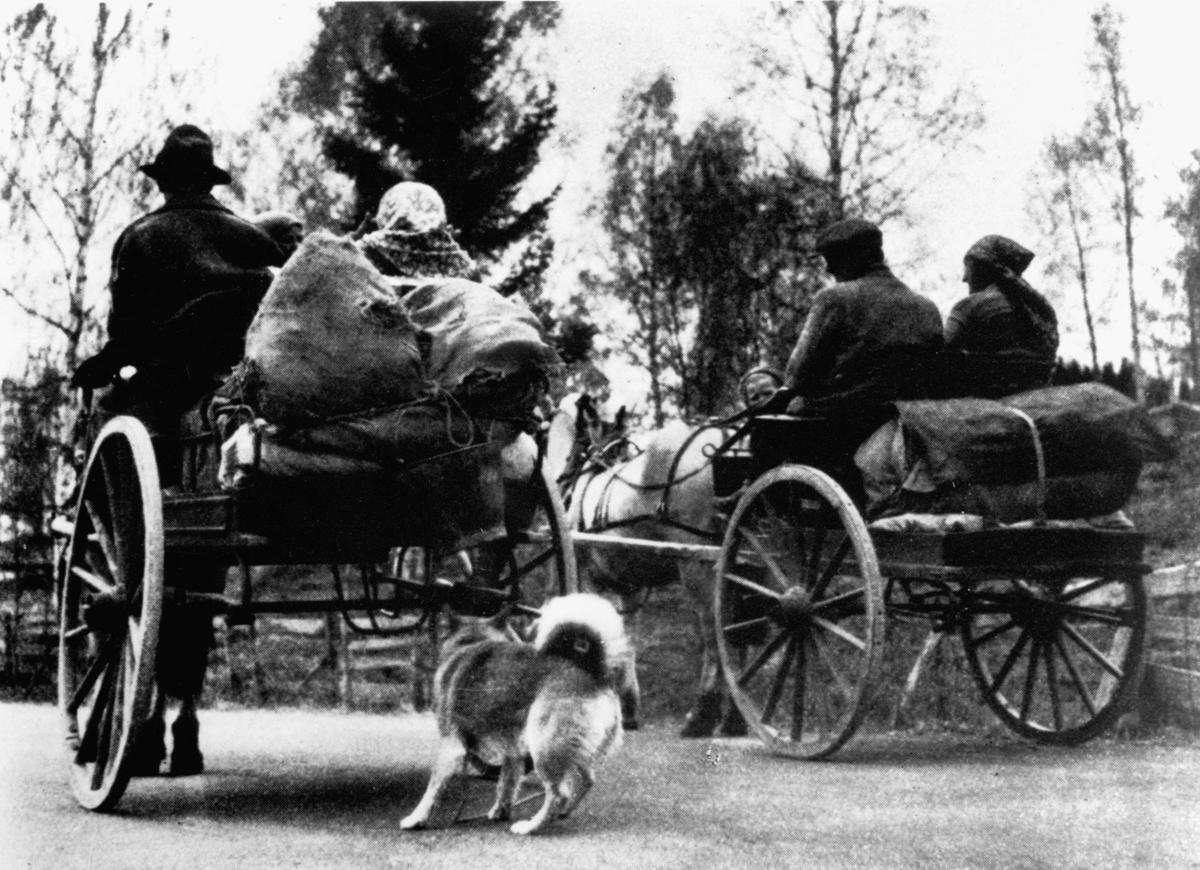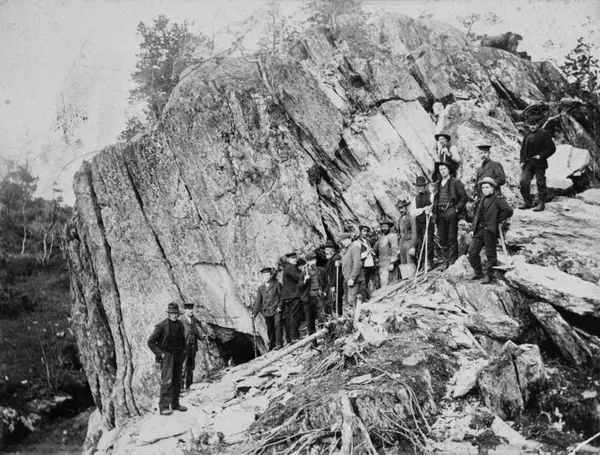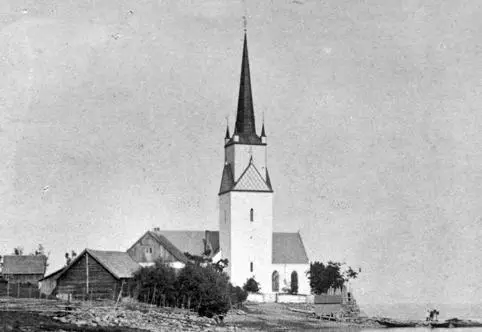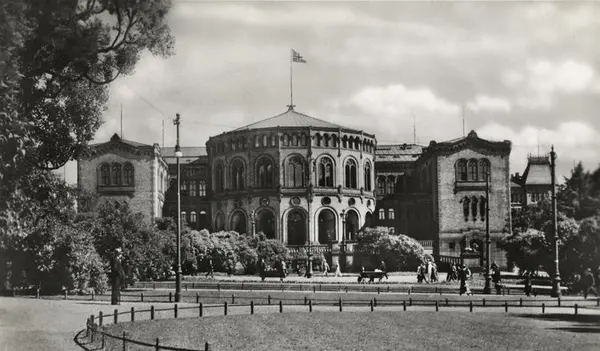- 1/1
Reisefølge med hest, kjerre og hund. Foto: Anno Glomdalsmuseet
Many also believed that Travellers had special abilities as wizards. All of this made the group a target of society’s fears.
When the Romani people first came to Scandinavia, Norway was a Catholic country. Catholic tradition dictated that pilgrims should receive food and shelter. Thus, Travellers were normally treated well.
This changed during the Reformation. In 1536, King Christian III ordered Travellers to leave the country. Later, they became outlaws, meaning anyone could kill someone of Traveller heritage without being penalised. Kings issued various such orders until the nineteenth century.




